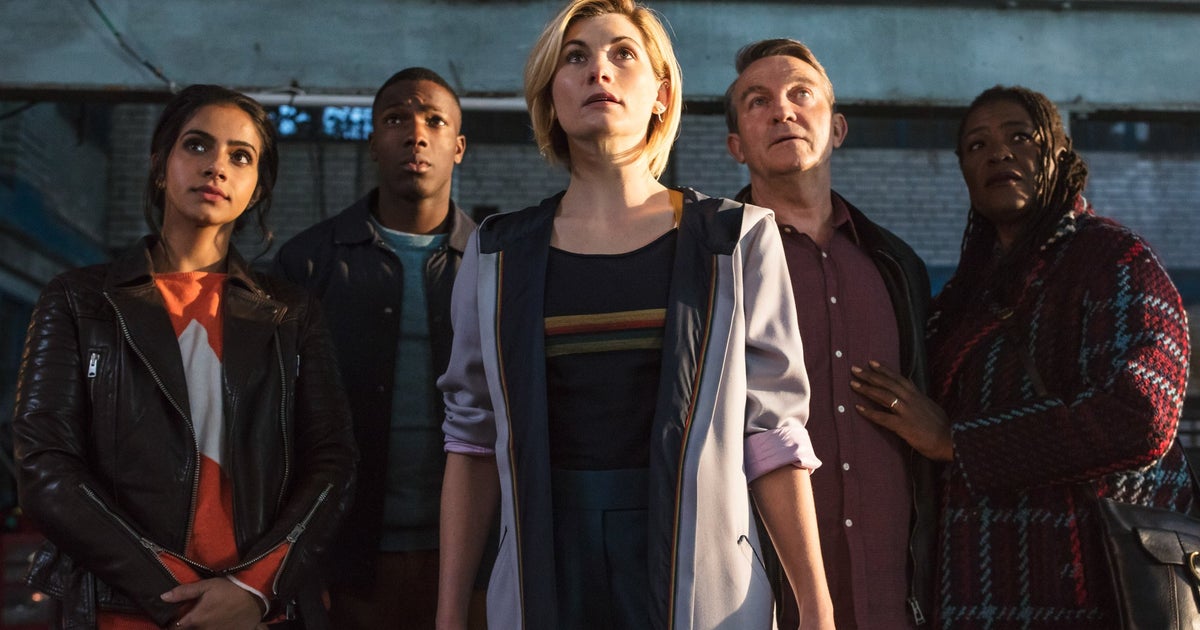
Ted Sarandos: Netflix Is Not ‘Anti-Sports,’ It’s ‘Pro-Profit’
Why doesn’t Netflix have major sports rights yet? It’s a question that’s been asked of co-CEO Ted Sarandos for years, but it’s come up again now that Amazon has “Thursday Night Football” and Apple has MLB and MLS rights. Asked on December 6 at the UBS Global TMT Conference, Sarandos said that they still like the idea of sports, but the streamer hasn’t been able to find a path to profit when it comes to “renting big sports.”
Sarandos said that the economics for live sports are all built around pay television, not streaming, and the idea of acquiring live rights to a major sports league is still “dramatically more expensive” than they’d like. And for now, they’re just fine without it, thanks.
“We’re not anti-sports, we’re pro-profit,” Sarandos said. “We’ve yet to figure out how to do it. I’m very confident we can get twice as big without sports, and beyond that maybe we’ll have to figure out, and by that point maybe the economics change or we’ll have the scale to figure that out.”
Sarandos touted the fact that Netflix managed to score a massive hit with “Squid Game” with hundreds of millions of people drawn to watch the show, and they did it all without premiering it after the Super Bowl. If they can do something like that when it comes to sports, then maybe it’s a different conversation. That’s where the nuance of “renting” sports comes into play, and if they could somehow own the rights to a league, the economics would presumably be different.
The example that came up was Formula 1. Netflix’s documentary series on the F1 league “Formula 1: Drive to Survive” has been so popular that when ESPN renewed its deal with the league to broadcast the races, the price to do so skyrocketed to between $75–$90 million over the next three years, up from the $5 million ESPN was paying three years earlier. And Sarandos hasn’t been blind to the impact Netflix had in that realm.
“If you think we’ve had a big impact on music, look at the impact Netflix has had on Formula 1. So that should be able to translate, but in this case, if you create the value, it just transfers into higher prices for licensing down the road,” he said.
Sarandos was asked whether or not advertising or the streamer’s planned live concert special of a Chris Rock performance are priming the pump for Netflix to pursue sports. He said that when it comes to live capabilities, Netflix has had the technology ready for several years, but they’ve yet to find the means or the opportunity to test it. But he said rather than using live to advance into sports or other arenas, it’s more likely to be used for live concert specials like Rock’s or to do live results shows for their competition and reality series.
“Technically there’s nothing novel about live television. We should be able to do that,” Sarandos said. “So this is mostly creatively driven rather than trying to open up other types of programming. It makes the programming we’re doing today a little more fun when it’s live.”


















.jpg?fit=1024%2C1024&ssl=1)








.jpg?fit=300%2C300&ssl=1)




































